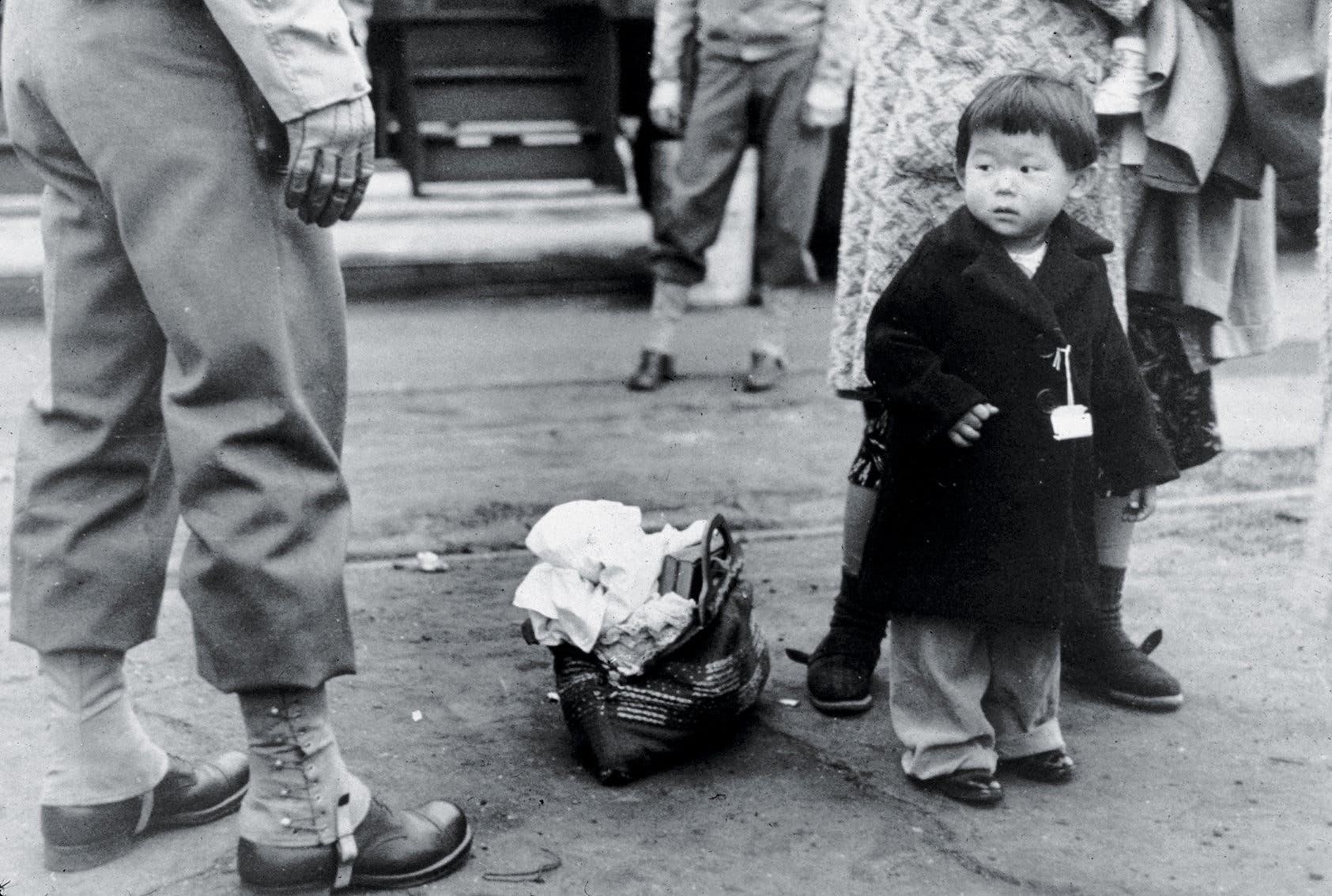BEYOND BARBED WIRE:
The Debate and Diplomacy Surrounding Japanese Internment
LEGACY
Abundant Dreams Diverted
The post-camp adjustment was difficult for internees, as the anguish of rejoining a society without their homes and businesses led to a lost sense of purpose. Further elements of separation from family, a distrust of the government, and general loss of rights led to psychological effects, even pushing some to commit suicide (Densho).

(Russell Lee, 1942)
Continued Racism
After internees returned from the camps, many Americans still had strong views against Japanese Americans. Some restaurants refused to serve them, and others refused to accept their return, as seen in Seattle, Washington.
"We don’t want them, and since they know that, they shouldn’t want to come back. If they do, there will be trouble."
- Leonard Goldsmith (Seattle Janitor)
"Whether you are a taxpayer in California or in Maine, it is to your advantage, if you find one or two Japanese American families settled in your neighborhood, to try to regard them as individuals and not to condemn them before they are given a fair chance to prove themselves in the community."
- Eleanor Roosevelt
After Eleanor Roosevelt visited a camp at Gila River in 1943, she issued a speech to urge Americans to help the internees in their communities rather than shaming or disregarding them.